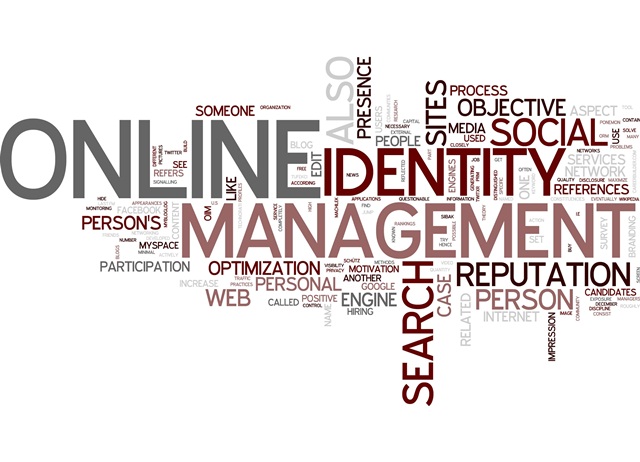Whether you own or rent, make sure you are insured!
I had a friend who spent $10,000 on studio equipment and video surveillance, and had it all stolen 3 months after he opened. I asked him if he had insurance and he said no, because he didn't own the building. I wanted to cry for him. Had he purchased a renter's policy, for as low as $12 a month and a $500 deductible, he could have had his ten stacks' worth of equipment recovered.
If you rent, don't make the incorrect assumption that the property owner's insurance covers you against theft, fire, weather damage or liability. IT DOESN'T.
If you own, you should have a homeowner's policy already, but read the fine print for what you are protected against.
Living in your parents' basement or on your cousin's sofa? Go get one anyway, just in case BayBay decides to stick his jelly sammich into your CD burner and that shorts out your amp.
When choosing your plan, keep these points in mind:
Property coverage does not always include contents coverage. Property coverage protects the structure, content covers your STUFF. Be sure to have both.
Have enough coverage but don't buy more than you need, and review your policy every so often to make sure your coverage is adequate. Make adjustments for inflation and new purchases. For example, if your policy covers $10,000 worth of equipment, 3 years later that equipment could cost you $15,000 to replace. If you haven't reviewed and/or adjusted your policy, you'd still have to come up with the 5K difference - as well as the deductible.
Be realistic about how much deductible you can afford. It may cost you more in your premium, but when it's time to cash in, that deductible will make a world of difference. In 2006, I lost all the televisions in my place and the ethernet wire shorted out due to lightning. At the time there was no grounding plug on the outside of the building and no one wanted to take responsibility. I had insurance, but my deductible was $500. I think I paid all of $300 for the TVs (maybe not even that much since I'm not one for HD or flat screens and picked them up from Walmart). In that instance my policy wasn't worth the paper it was written on, not because it wasn't a good one, but because there was no way for me to redeem it.
Make sure your liability coverage is adequate. The UPS guy trips and falls on his way to your door because he didn't tie his shoestrings; your friend is visiting and her rowdy kids break a neighbor's window; your upstairs neighbor has a pipe burst and your ceiling comes in; someone leans back too far in the chair while at the boards and hurts their shoulder. Guess who's responsible for the clean up and damages? YOU. Even though none of these scenarios are directly your fault, you could be responsible for fixing them because they happened on the property you own or are leasing.
Inventory your stuff. The traditional method is to have a list of everything in your house complete with full description, quantity, serial numbers, and the date and price of purchase. These days it's a little easier because you can take digital pictures of everything and make your list at your convenience. But you still need your list. When you're taking pictures make sure you have a front, side & rear shot of large items, along with a wide and close up shot of the serial number. Keep the files together on your computer, a backup source that includes a flash drive or CD/DVD, maybe a printed file stored at another location, but also one that you can upload online and retrieve when you need it ; I suggest compressing them into a zip or rar file to reduce upload time.
I prefer multi-location insurers as opposed to just the local one. These days though, you can get discounts on renter's and home insurance at the same place you have another insurance policy. Some insurers also offer discounts if you pay 6-12 months at once. My coverage heavy policy costs me $256 for the year, with a $500 deductible, and I am about to lower my coverage and my deductible, so my payments will be the same but in the event there's another lightning strike, getting a check won't be as elusive. They can't compete with my car policy premium though, so I deal with different insurers.
So there you have it. Go get yourself covered!
Toodles! Mizz Rikki


